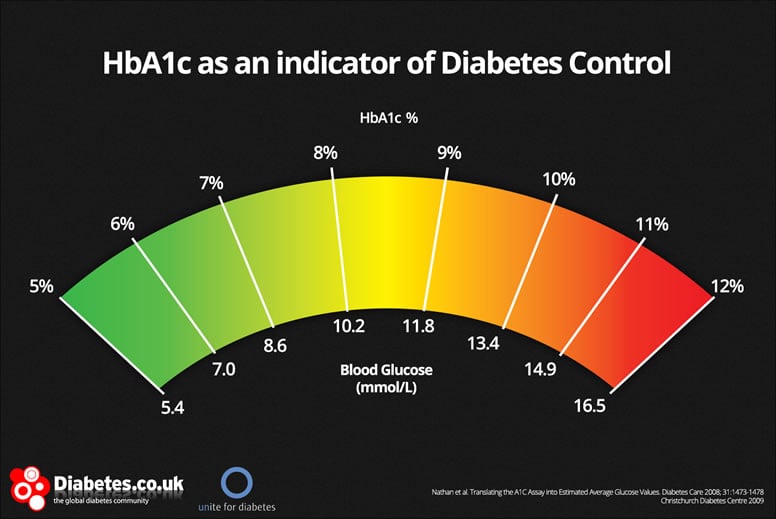toftyac1824
Member
- Messages
- 7
- Location
- Nantwich, Cheshire
- Type of diabetes
- Type 2
- Treatment type
- Tablets (oral)
- Dislikes
- T2
Hi All.
I was diagnosed as T2 in May this year (although I had GD with my youngest child, so knew it would probably be coming at some point). Before diagnosis, one of the symptoms (other than outrageous thirst, peeing like a horse, being knackered and never ending headaches) was being ravenous - ALL the time.
Since diagnosis, I was put straight on Metformin (500mg x2 a day - although this was later changed when I went onto slow release Met, so its 1000mg x1 per day). As soon as I started the Met my appetite went back to normal and I fortunately lost all the weight I'd put on trying to feel full for months on end.
I would say that the Metformin did bring my BG levels down from around the 13s / 14s to the 8 / 10s. I do self test and I'm constantly sitting at around the 9mmol mark (although its higher in the morning - always has been, even when I had GD).
However, I've noticed that the ravenous, never ending hunger is creeping back in, and not that slowly either. I'm not overly thirsty, but do pee a tiny bit more than normal (and the headaches are starting to creep in again as well). I just wondered whether anyone else has had this and should I go back to the GP quick smart? (We are in between doctors at the moment as we've just moved which makes things a bit more difficult, as our old GP is 20 miles away - but we have an appointment to register with the new surgery this Friday - should I mention it to the practice nurse then?). Sorry about the long post and sorry if I seem a bit dim, but the whole T2 thing is still quite new to me and not as straightforward as GD.
Thanks
I was diagnosed as T2 in May this year (although I had GD with my youngest child, so knew it would probably be coming at some point). Before diagnosis, one of the symptoms (other than outrageous thirst, peeing like a horse, being knackered and never ending headaches) was being ravenous - ALL the time.
Since diagnosis, I was put straight on Metformin (500mg x2 a day - although this was later changed when I went onto slow release Met, so its 1000mg x1 per day). As soon as I started the Met my appetite went back to normal and I fortunately lost all the weight I'd put on trying to feel full for months on end.
I would say that the Metformin did bring my BG levels down from around the 13s / 14s to the 8 / 10s. I do self test and I'm constantly sitting at around the 9mmol mark (although its higher in the morning - always has been, even when I had GD).
However, I've noticed that the ravenous, never ending hunger is creeping back in, and not that slowly either. I'm not overly thirsty, but do pee a tiny bit more than normal (and the headaches are starting to creep in again as well). I just wondered whether anyone else has had this and should I go back to the GP quick smart? (We are in between doctors at the moment as we've just moved which makes things a bit more difficult, as our old GP is 20 miles away - but we have an appointment to register with the new surgery this Friday - should I mention it to the practice nurse then?). Sorry about the long post and sorry if I seem a bit dim, but the whole T2 thing is still quite new to me and not as straightforward as GD.
Thanks


